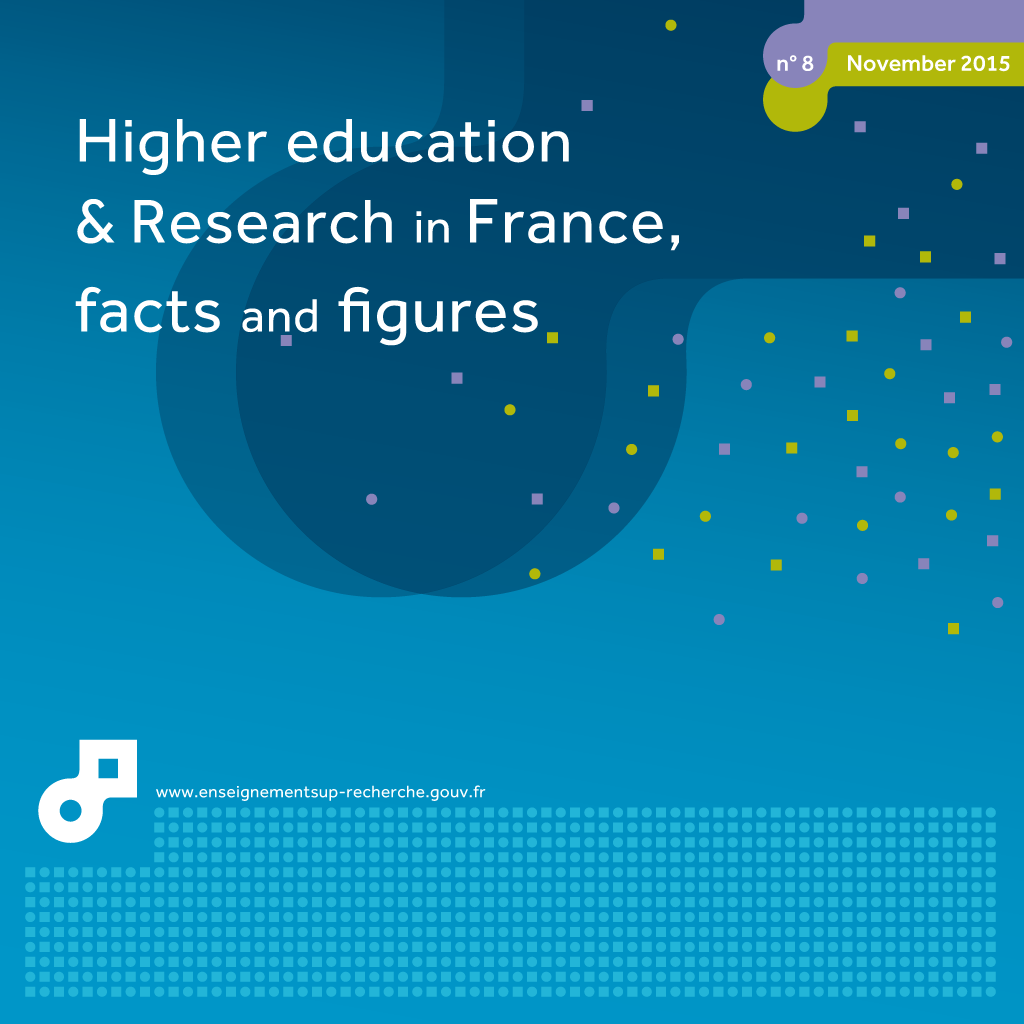23 resumption of studies and occupational integration
After leaving higher education in 2010, 16% of young graduates and 31% of young people who left without obtaining a qualification returned to studying within three years of finishing their initial education. These proportions are nearly twice those recorded at the end of the 1990s.
For around fifteen years, it has become increasingly common for young people to return to studying after ending their initial education, whether they had previously finished at higher or secondary education level. At all levels, and even if we only count those returning to school or university on a full-time basis or via alternance programmes (apprenticeships or vocational training contracts), nearly one in five young people who finished their initial education in 2010 returned to studying in the three years that followed (chart 23.01). Those who had left after secondary education were more likely to return to studying than those who had left higher education, but it was those who had left higher education without obtaining a qualification that were the most likely to return to studying quickly (accounting for nearly a third of them). Among those who had left higher education, only those with higher education qualifications in health and social care and the most highly qualified young people (Bac + 5 and higher) remained unaffected by this phenomenon.
Those who had left higher education in 2010 were just as likely to take either of the two routes back to studying counted here, while those who finished their initial education at an earlier stage mostly returned to studying via alternance programmes. This increase over the past fifteen years in the numbers of young people returning to studying can be explained by a sharp rise in both the number of alternance contracts and of students returning to more traditional courses. However, since the mid-2000s, the numbers of young people who had left secondary education and subsequently returned to studying via alternance programmes have stopped growing. This stagnation contrasts with the notable increase in the numbers of young graduates with higher education qualifications returning to studying via alternance programmes, particularly among those who had previously studied on vocational short higher education courses (table 23.02). There are now nearly twice as many young people from this latter group returning to studying via alternance programmes as those from the same group returning to school or university on a full-time basis. These young graduates are also now as likely to try and complete their education at a later date by means of alternance programmes as young people who had left the education system without obtaining any qualifications.
It is not easy to interpret this increased complexity in student trajectories. However, it cannot simply be put down to the fact that young people starting out on the labour market today face greater challenges in integrating into the world of work. It appears that young people who had previously left higher education without obtaining a qualification often choose these routes with the aim of specialising, changing direction or improving their professional skills. In some cases, their trajectories may simply reflect waiting times for getting onto their chosen course.
Furthermore, for the main levels of education characterised by high numbers of young people returning to studying, young women were still more likely to return to more ‘traditional’ courses than young men. Conversely, women with disciplinary qualifications from longer-term courses were less likely to return to studying via alternance programmes than their male counterparts. Men and women with a higher technical certificate (Brevet de technicien supérieur – BTS) or a university technology diploma (Diplôme universitaire de technologie – DUT) showed identical behaviour when it came to returning to studying.
Finally, young people who had left higher education and who had a parent working in a manual job were less likely to return to studying quickly, not only on traditional courses, but also – albeit to a lesser degree – via alternance programmes (table 23.03).
Research carried out on the basis of a seven-year study on how young people who left higher education in 2004 without obtaining a qualification integrated into the world of work has confirmed that acquiring new qualifications improved their occupational integration at a later stage. Higher education qualifications – which accounted for less than 60% of the new qualifications obtained in the case in question – hugely improved young people’s chances of getting jobs in management or middle management. However, secondary qualifications, which are more often obtained by those who had previously found it difficult to get a job due to a lack of appropriate qualifications, only resolve such challenges partially. Just as when they are acquired during initial education, qualifications obtained at a later date do not all have the same qualities when their holder enters the labour market.
How to cite this paper :
close
Key figures
Metropolitan France + overseas departments
Metropolitan France + overseas departments
23.01 Changes in the proportion of young people returning to studying and starting alternance training programmes within 3 years of finishing their initial education, broken down by the level of education they had previously achieved (%)
You can embed this chart to your website or your blog by copying the HTML code and pasting it into the source code of your website / blog:
close
23.02 Proportion of men and women returning to studying within three years of finishing their initial education (%)
Of the young people who left higher education in 2010 without obtaining a qualification, 15.1% of the men and 16.4% of the women returned to studying at a school or university prior to the 2013 survey. 14.1% of young men and 16.9% of young women who had left higher education without obtaining a qualification returned to studying via alternance training programmes prior to 2013.
You can embed this table to your website or your blog by copying the HTML code and pasting it into the source code of your website / blog:
close
23.03 Proportion of young people with at least one parent working in a manual job and of those with no parents working in manual jobs returning to studying within three years of finishing their initial education (%)
Of the young people who left higher education in 2010 without obtaining a qualification, 17.3% of those with no parents working in manual jobs returned to studying at a school or university prior to the 2013 survey, as compared with 12.4% of those with one or both parents working in a manual job. The proportion of young people returning to studying via alternance training programmes was 15.9% for those with no parents working in manual jobs and 14.7% for those with one or both parents working in a manual job.
You can embed this table to your website or your blog by copying the HTML code and pasting it into the source code of your website / blog:
close




